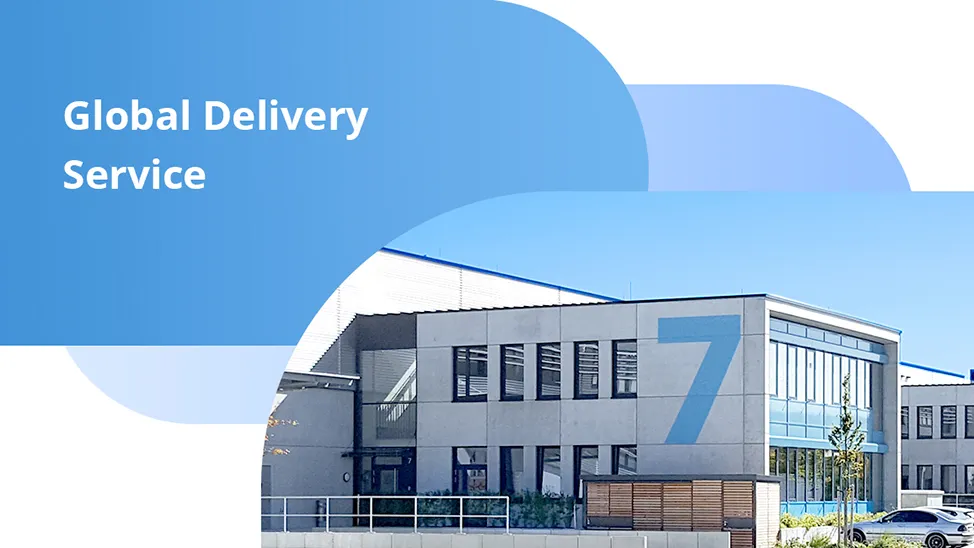Maximizing Data Center Efficiency with Converged Network Adapters
Nowadays, the Converged Network Adapter (CNA) has become essential for efficiency and integration. CNAs combine the functions of traditional network interface cards (NICs) and storage area network (SAN) host bus adapters (HBAs). This integration brings Ethernet, Fibre Channel, and iSCSI protocols into one versatile interface. Such convergence simplifies infrastructure, boosts performance, enhances scalability, and cuts operational costs.
As organizations deal with large data volumes and virtualization needs, CNAs offer a strategic way to optimize resource use and simplify management. This article dives into the role of CNAs in modern IT settings, exploring their features, benefits, and impact on operational efficiency and scalability in data centers.
What Is Converged Network Adapter?
A Converged Network Adapter (CNA), also known as a Converged Network Interface Controller (C-NIC), is a hardware component that integrates the functionalities of a Host Bus Adapter (HBA) and a Network Interface Controller (NIC). It uses PCIe interfaces to connect storage devices or servers to Fibre Channel (FC) based Storage Area Networks (SANs) and also handles Ethernet traffic to Local Area Networks (LANs).
Supporting Ethernet, Fibre Channel, and iSCSI protocols, CNAs combine these functions into a single interface, reducing the need for multiple network cards. This simplifies management, reduces cabling complexity, and lowers costs. CNAs ensure high performance and efficiency, which is essential for stable operations and rapid data transfers in data centers. By merging networking and storage capabilities, they offer a streamlined and cost-effective solution for modern data center environments.

Importance of Converged Network Adapter
A Converged Network Adapter (CNA) is crucial for modern data centers due to its ability to combine the functions of a traditional network interface card (NIC) and a storage area network (SAN) host bus adapter (HBA). This integration reduces hardware complexity, lowers costs, and simplifies management. CNAs also enhance performance by providing higher throughput and lower latency, which is crucial for handling large volumes of data.
Additionally, they support virtualization by offloading network and storage traffic processing from the CPU, freeing up resources for other critical tasks. Their ability to consolidate network and storage connectivity onto a single device makes them essential for efficient and scalable data center operations.
Features of Converged Network Adapter
A Converged Network Adapter (CNA) offers several key features:
-
Unified Connectivity: Combines Ethernet and Fibre Channel functionalities into a single device, reducing the need for separate adapters.
-
High Performance: Provides high throughput and low latency, essential for data-intensive applications.
-
Simplified Management: Allows for centralized management of network and storage resources, reducing administrative overhead.
-
Virtualization Support: Offloads network and storage processing from the CPU, improving virtual machine performance.
-
Scalability: Supports scalable architectures, making it easier to expand data center capacity.
-
Cost Efficiency: Reduces hardware and maintenance costs by consolidating multiple functions into one adapter.
-
Energy Efficiency: Lowers power consumption by reducing the number of physical components needed.
-
Enhanced Security: Offers advanced security features, ensuring data integrity and protection across the network.
Advantages of Converged Network Adapter
The strategic advantages of CNAs are clear: they streamline resource utilization, optimize management processes, and bolster overall system reliability. From unified connectivity and enhanced performance to cost and energy efficiencies, CNAs are crucial in driving operational efficiency and scalability within today's dynamic IT environments.
As organizations continue to evolve and expand their data center capabilities, embracing the capabilities of CNAs promises to deliver significant benefits in performance, cost savings, and operational simplicity. By integrating networking and storage functionalities seamlessly, CNAs exemplify the future of streamlined, efficient, and resilient data center operations.
Conclusion
In conclusion, the Converged Network Adapter (CNA) is a pivotal innovation in modern data centers, offering unparalleled efficiency and integration. By consolidating Ethernet, Fibre Channel, and iSCSI protocols into a single, multifunctional interface, CNAs simplify infrastructure management while boosting performance and scalability. This convergence not only reduces operational costs through minimized hardware complexity but also enhances data center agility in handling vast amounts of data and virtualized workloads.
FS is dedicated to providing more convenient and efficient services for businesses. FS's network adapters offer a wide variety of choices according to different models and types, along with various solution support to provide businesses with satisfactory one-stop services.
You might be interested in
Email Address

-
PoE vs PoE+ vs PoE++ Switch: How to Choose?
May 30, 2024














